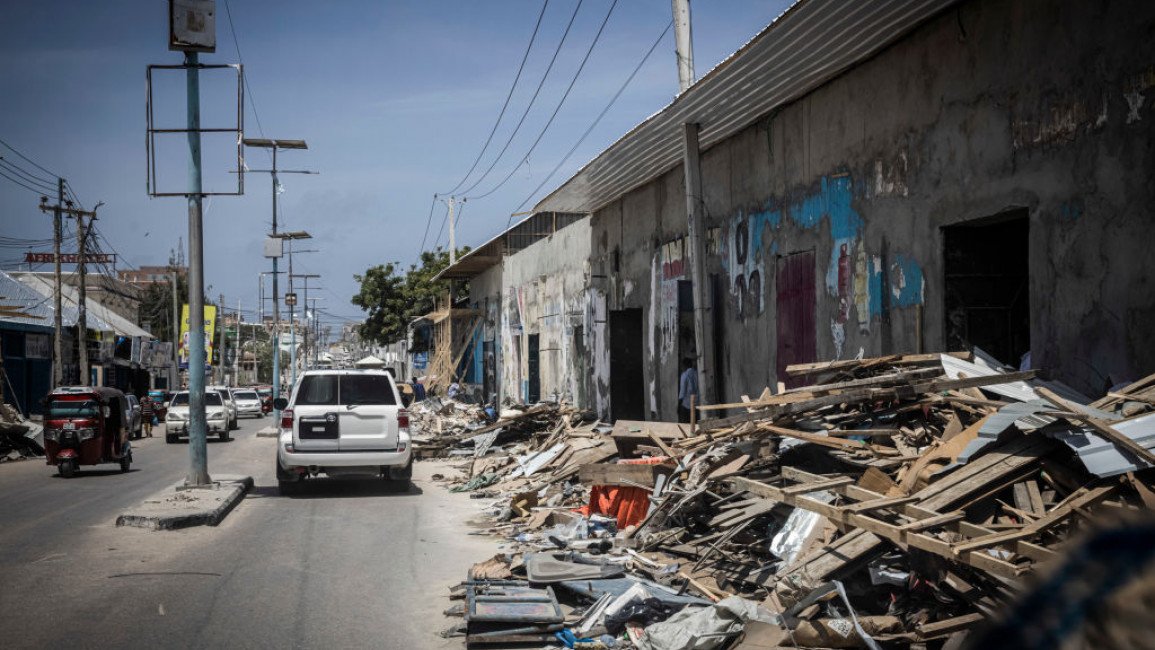US hits Somali Islamist network with sanctions
Al-Shabab, the militant organization with ties to al-Qaeda, formerly dominant in much of Somalia, now faces a reclassification by Washington as a “transnational money-laundering network,” marking a strategic move by the US to bolster the Somali government’s efforts against this perilous terrorist group.
The US Department of the Treasury, in a statement issued on Monday, announced its proactive measures to aid the Somali government in its relentless campaign to undermine the operational capabilities of Al-Shabab. This step underscores Washington’s commitment to erode the financial foundation that sustains the terrorist network, aiming to curtail its influence and mitigate security threats in the region.
In alignment with this initiative, the Treasury Department has imposed sanctions on sixteen individuals and entities spread across the Horn of Africa, the United Arab Emirates, and Cyprus. The sanctions target these entities for their alleged involvement in money-laundering activities linked to Al-Shabab, restricting their ability to own property in the United States and prohibiting any business transactions with American citizens. By taking such punitive actions, the US aims to disrupt the financial channels that enable Al-Shabab to fund its operations and maintain a transnational presence.
This move signifies a broader strategy by the United States to employ financial pressure as a tool in the fight against terrorism. By targeting the financial networks supporting Al-Shabab, the US intends to weaken the group’s operational capabilities and hinder its ability to carry out attacks. The sanctions not only serve as a punitive measure but also as a deterrent, sending a clear message that those engaged in illicit financial activities supporting terrorism will face severe consequences.
The geographical scope of the sanctions reflects the global nature of the financial networks that sustain terrorist organizations. By addressing entities in the Horn of Africa, the United Arab Emirates, and Cyprus, the US is acknowledging the interconnectedness of these networks and demonstrating a commitment to combating terrorism on an international scale.
In conclusion, the reclassification of Al-Shabab as a “transnational money-laundering network” by the US, coupled with targeted sanctions on individuals and entities involved in supporting the group financially, underscores a multifaceted approach to counter-terrorism. The emphasis on disrupting financial networks not only weakens Al-Shabab but also serves as a model for combating terrorism globally, emphasizing the importance of international cooperation in addressing the intricate web of financial support sustaining such extremist groups.



















